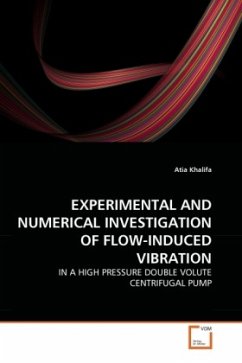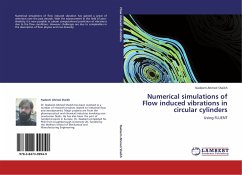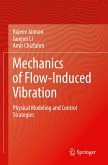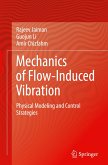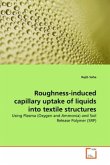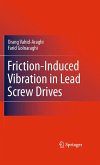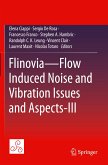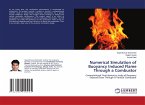This work is an experimental and numerical investigation of the flow induced vibration problem at blade passing frequencies of a high-pressure double volute boiler feed pump. The effects of variable operating conditions and different design modifications were studied by model testing to minimize the vibration level. The amplitude and strength of the pressure fluctuation inside the pump depend on the measuring location with respect to the interaction zone at volute tongues. The unsteady pressure fluctuations are very sensitive to the flow rate. Pressure fluctuations are increased at high rotational speeds and at off-design conditions. The original pump has a special V-shaped cut at the exit of impeller blades which reduces the pressure fluctuations up to 45% depending on flow rate and measuring location. It also reduced pump vibration by 20 to 50% depending on flow rate. The selection of the suitable gap between impeller and diffuser vanes for minimum vibration levels was based onexperimentation under the expected operating conditions. Smaller gaps are not preferable for the pressure fluctuations inside the pump since they produce higher impeller/volute interaction.
Bitte wählen Sie Ihr Anliegen aus.
Rechnungen
Retourenschein anfordern
Bestellstatus
Storno

